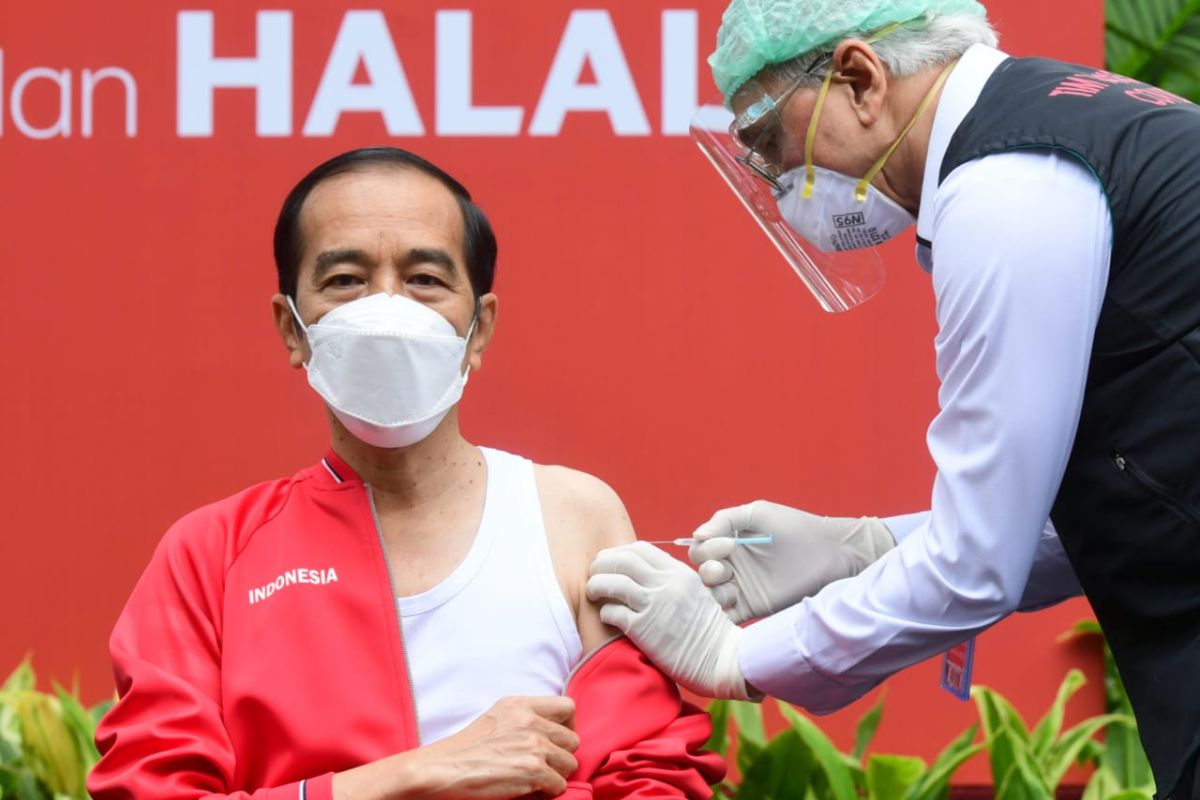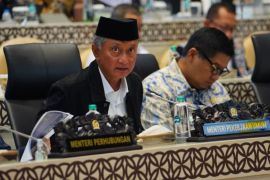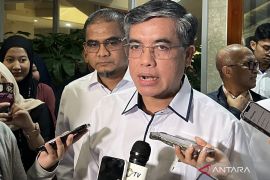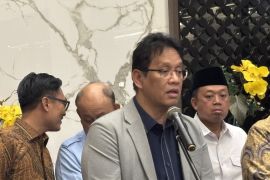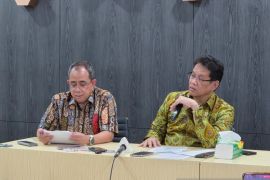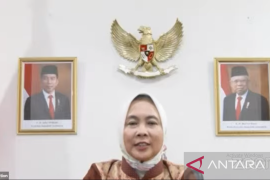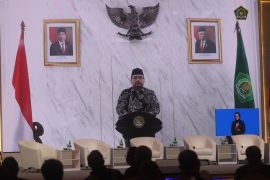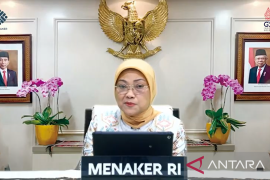We are optimistic about (our prospects) in 2021-2022Jakarta (ANTARA) - The ongoing COVID-19 pandemic has not only caused severe public health problems, but also crippled the economy of various countries, including Indonesia, owing to strict restrictions on public movement and activities.
The Indonesian economy shrunk 5.32 percent in the second quarter and 3.49 percent in the third quarter of 2020 due to the pandemic.
On January 30, 2021, the country recorded 14,518 new coronavirus infections, 10,242 recoveries, and 210 deaths over a single day, the Task Force for COVID-19 Handling reported. With this, the total tally of cases in the country reached 1,066,313, while total recoveries reached 862,502, and the death toll climbed to 29,728.
Therefore, this year, the government is focusing on pursuing economic recovery and handling COVID-19 transmission at the same time.
The government’s economic recovery strategy includes the vaccination program, which has kicked off and will be expedited in stages this year.
Post the arrival of millions of doses of Sinovac’s vaccine from China, the Indonesian government has been eagerly carrying out the vaccination program across the nation since January 13, 2021 to reverse the trend in infections.
In the first two months of 2021, the government is expected to complete inoculating targeted healthcare workers across the country.
Immunization is one strategy for driving economic revival, in addition to expansion of credit to small businesses, and increased budget allocation for the economic recovery program, according to Coordinating Minister for Economic Affairs, Airlangga Hartarto.
“We are optimistic about (our prospects) in 2021-2022,” he said during a webinar of the trustee council of the University of Indonesia (UI) on January 27, 2021.
In addition to the immunization program, the government will increase the allocation of smallholder business credit (KUR) to Rp253 trillion for small and medium enterprises. In 2020, the realization of KUR reached 100 percent of the total allocation of Rp190 trillion.
The government will also continue the national economic recovery program in 2021 by raising the budgetary allocations to Rp553 trillion. It will set aside Rp104.7 trillion for the health sector, Rp150.9 trillion for social protection, Rp141.3 trillion for regional governments and ministries/government institutions, and Rp156 trillion for corporate financing, Hartarto noted.
The budget allocations for national economic recovery will hopefully push the purchasing power of the people, both middle to upper classes and middle to lower classes, he added.
A similar view was voiced by Finance Minister Sri Mulyani Indrawati who has said that disciplined implementation of health protocols and vaccination would help curb the COVID-19 pandemic, and hence, they will be key to economic recovery efforts in 2021.
"As the people's mobility and activities resume, consumption, investment, and exports will be able to revive," Indrawati said while speaking at the same UI webinar.
Besides enforcing health protocol discipline and handling, other health sectors need to be addressed not only by the central government, but also local governments and the private community, she said.
With economic activities hampered by COVID-19, the government has relied on the State Budget (APBN) to support COVID-19 handling and economic recovery efforts, as well as provide social assistance to those affected economically by the impact of the pandemic.
The State Budget instrument has played the most important part, including in supporting and protecting the public and businesses so that they can survive and recover, Indrawati observed.
The Ministry of Finance has worked very hard to achieve the state revenue target, which is projected to reach Rp1,743.6 trillion, she said.
However, state spending is projected to go higher, notably to Rp2,750 trillion, hence, the government has predicted a deficit of 5.07 percent in 2021, she added.
State spending will be managed for national priority programs, namely for handling the COVID-19 pandemic, including the vaccination program, which is estimated to cost Rp73 trillion, she informed.
The 2021 State Budget is also directed at strategic policies, including improving the quality of human resources with an education budget allocation of up to Rp 550 trillion, she pointed out.
The budget allocation for infrastructure development has been set at Rp417.4 trillion, health Rp169.7 trillion, food security Rp99 trillion, tourism Rp14.2 trillion, social allowances Rp408 trillion, and information and communication technology Rp26 trillion.
"These are strategic programs in 2021 which are expected to support economic recovery efforts in 2021. And all programs for COVID handling and national economic recovery can work if all stakeholders participate in implementing health protocol discipline," Indrawati said.
Meanwhile, Indonesia has claimed it has secured vaccines from four different producers: 125 million doses from Chinese Sinovac and 50 million doses each from Pfizer-BioNTech, AstraZeneca, and Novavax.
"We hope that in early March, we could already roll-out the vaccine for public service inoculation," Health Minister Budi Gunadi Sadikin noted while referring to the next part of the vaccination program for public service workers, such as military personnel and police.
Following the initial schedule, by April, 2021, a mass vaccination drive would be conducted, with the target of covering around 70 percent of the population, or as many as 181.5 million out of some 271 million people, to achieve herd immunity.
Related news: COVID jab given to 482,145 medical workers: Health Ministry
Related news: Roll-out of second COVID-19 vaccine doses conducted nationwide: govt
Editor: Gusti Nur Cahya Aryani
Copyright © ANTARA 2021
